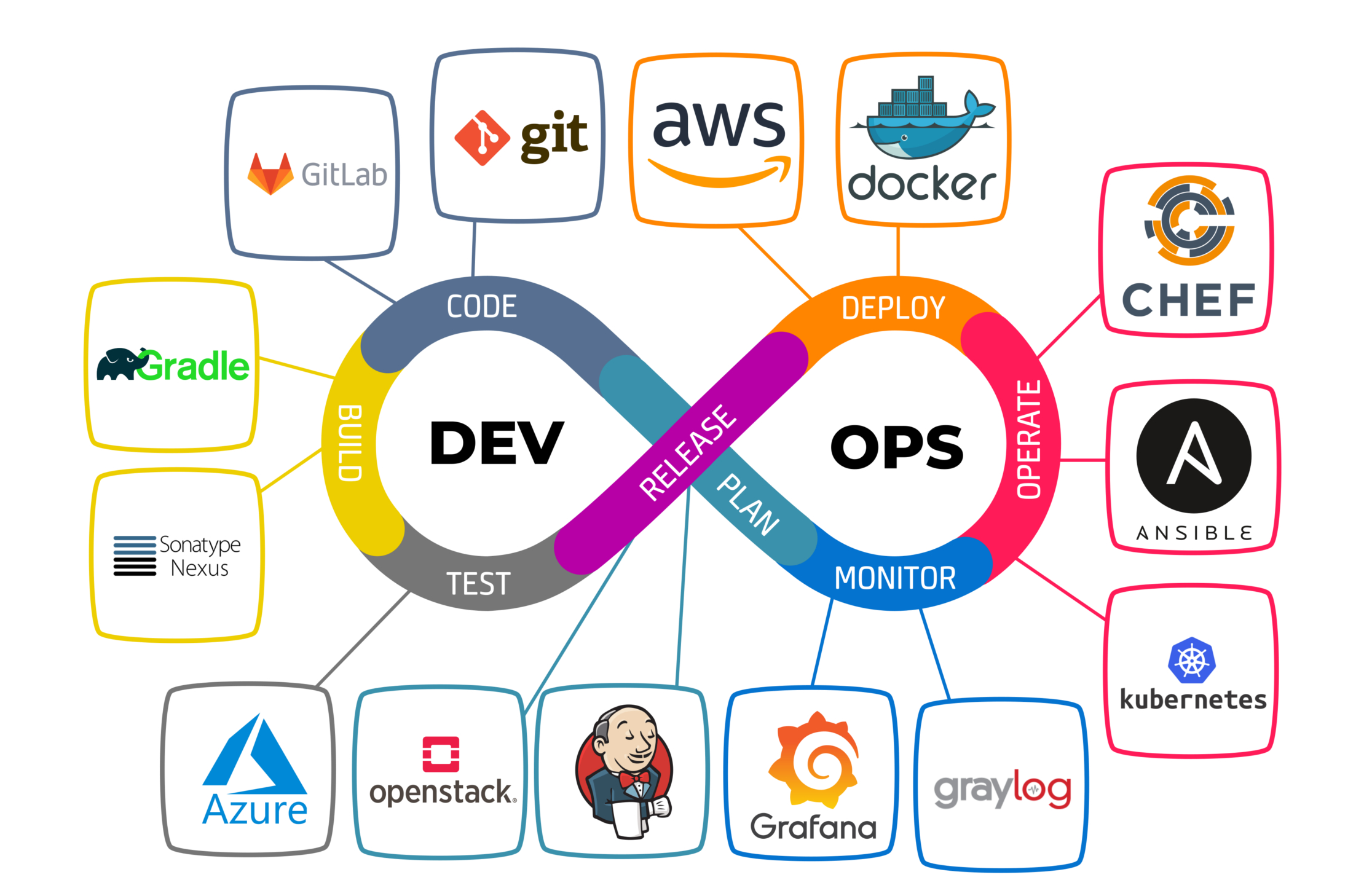Introduction
In today's fast-paced technological landscape, businesses must adapt quickly to remain competitive. One of the approaches that has redefined the software development and delivery process is DevOps. But what is DevOps, and why has it become so essential in the world of IT?
What is DevOps?
DevOps is a cultural and technical movement aimed at unifying software development (Dev) and software operations (Ops). The primary goal is to shorten the system development lifecycle while delivering features, fixes, and updates frequently and in close alignment with business objectives.
The Pillars of DevOps
1. Collaboration: Unlike traditional models where developers and IT operations teams work in silos, DevOps emphasizes collaboration and communication.
2. Automation: Routine tasks like code integration, testing, and deployment are automated, which reduces manual errors and speeds up processes.
3. Continuous Integration (CI): As developers commit code, it's automatically integrated, tested, and prepared for release.
4. Continuous Delivery (CD): The step after CI; this involves the automatic deployment of integrated code to production after passing through various stages.
5. Infrastructure as Code (IAC): Infrastructure management becomes programmable, allowing teams to provision, configure, and manage servers and databases in an automated manner.
6. Monitoring & Feedback: Regularly monitoring application and infrastructure health to ensure optimal performance and quick error resolution.
Benefits of DevOps
- Speed: Faster delivery of features and solutions.
- Reliability: Ensure the quality and performance of updates and infrastructure changes.
- Scale: Manage and efficiently operate large-scale infrastructure and development workflows.
- Improved Collaboration: Enhanced team collaboration and reduced silos.
- Security: Incorporate secure practices and tools within the DevOps lifecycle, ensuring both speed and safety.
DevOps Tools
DevOps is not just about culture; it's also powered by tools that facilitate its principles. Some prominent tools include:
- Version Control: Git, GitHub, Bitbucket.
- CI/CD: Jenkins, Travis CI, CircleCI.
- Containerization: Docker.
- Orchestration: Kubernetes.
- Configuration Management: Ansible, Chef, Puppet.
- Monitoring: Prometheus, Grafana, New Relic.
Challenges in Implementing DevOps
While DevOps offers numerous advantages, organizations often face challenges in its implementation:
- Cultural Resistance: Shifting from traditional to DevOps methodologies requires a change in mindset, which some teams might resist.
- Integration with Legacy Systems: Old infrastructures and applications might not be immediately compatible with DevOps practices.
- Complexity in Large Organizations: In larger entities, the sheer size can make the DevOps transformation more complicated.
Conclusion
DevOps is not just a buzzword; it’s a strategic approach that has proven to drive significant improvements in business agility and software quality. By emphasizing collaboration and automating processes, organizations can respond faster to market demands, innovate continuously, and stay ahead in the competition.
If you're considering DevOps for your organization, it's essential to approach it with a clear strategy, involving all stakeholders, and be prepared for a journey of continuous learning and improvement. After all, at its core, DevOps is about always striving for better.
